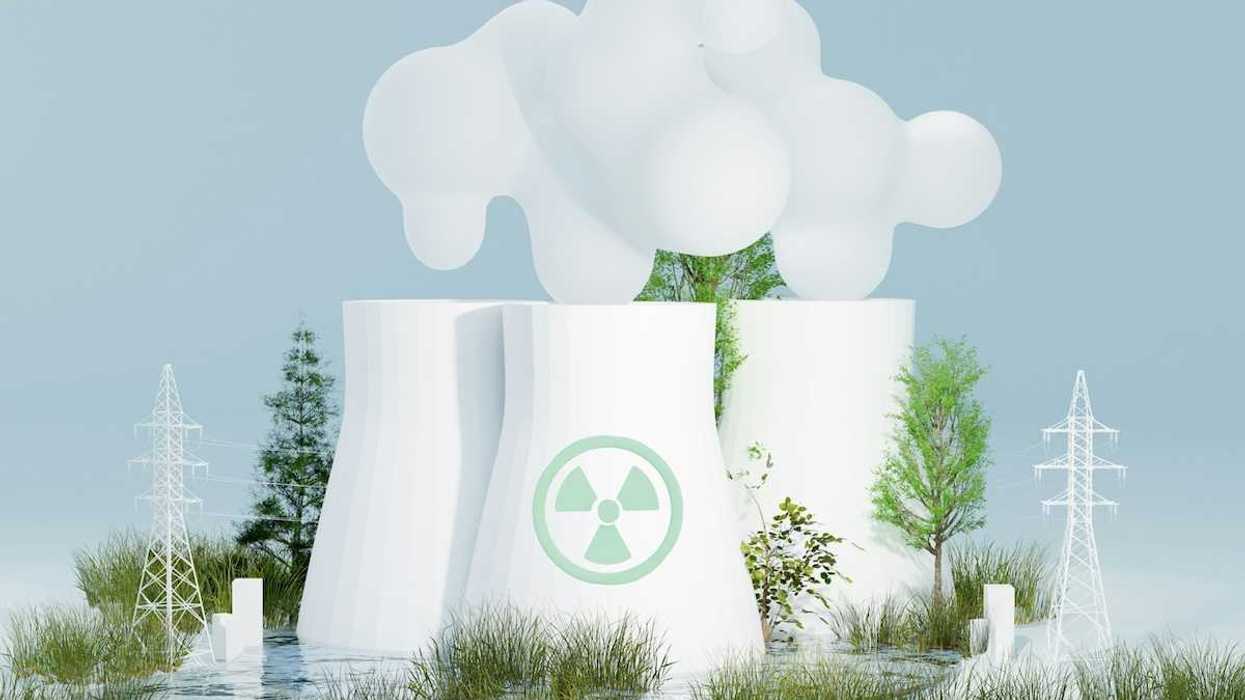Wildfire smoke poses a greater risk of dementia than other types of air pollution, according to a new study.
Lois M. Collins reports for Deseret News.
In short:
- PM2.5 pollution from wildfire smoke is more harmful to brain health than other sources of pollution.
- A study of over 1.2 million people in Southern California showed a significant increase in dementia risk from wildfire smoke.
- The Alzheimer’s Association urges policy changes to prevent wildfires and reduce exposure.
Key quote:
“Air pollution produced by wildfires now accounts for more than 70% of total PM2.5 exposure on poor air quality days in California. This is a real problem.”
— Dr. Holly Elser, neurology resident at the Hospital of the University of Pennsylvania
Why this matters:
With the increasing frequency of wildfires, understanding their impact on brain health is vital. Effective policies and personal precautions can help mitigate these health risks.
Related EHN coverage:














